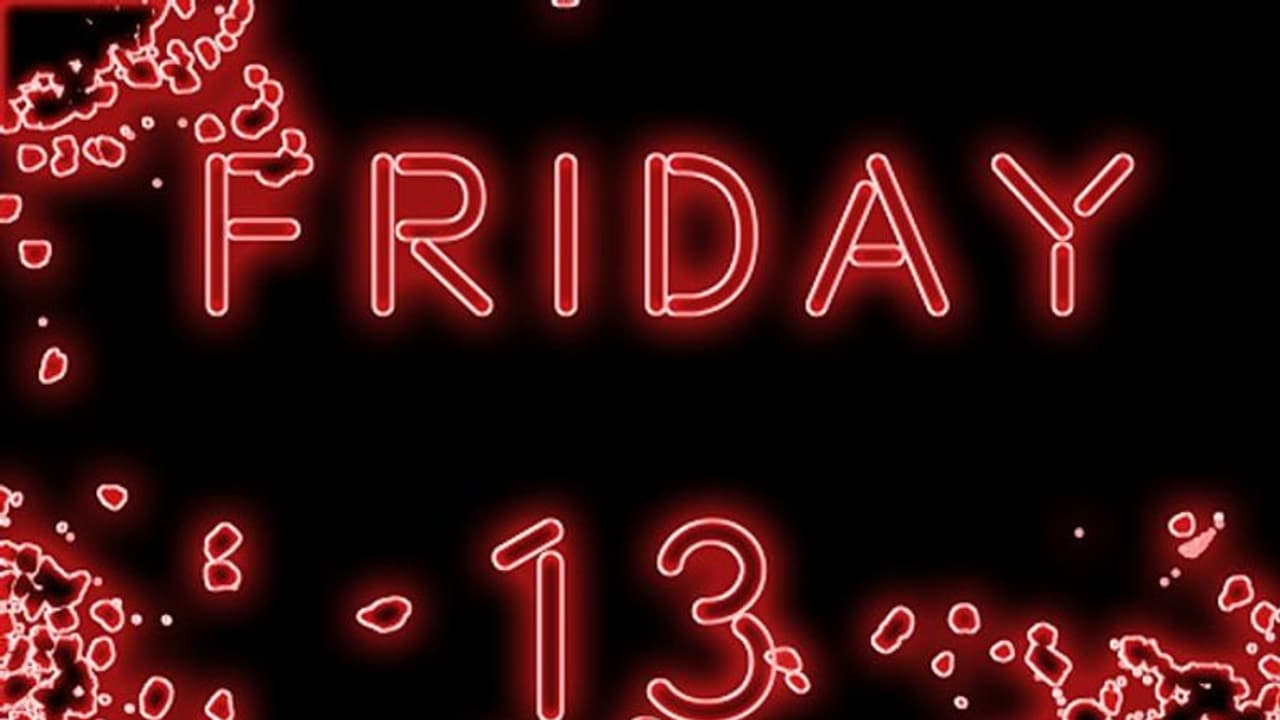This article explores the origins and myths surrounding Friday the 13th, shedding light on whether it's genuinely a day of bad luck or a product of superstition and cultural beliefs.
Friday the 13th, a date shrouded in superstition and fear for centuries, has captured the human imagination like few others. The mere mention of this day can send a shiver down the spine, invoking images of black cats, broken mirrors, and all things ill-omened. But is Friday the 13th truly the day of bad luck it's believed to be, or is it merely a product of superstition and myth? In this article, we embark on a journey to separate fact from fiction, unveiling the truths and misconceptions surrounding this enigmatic date.

The Origins of Friday the 13th: A Historical Perspective
To understand the myth of Friday the 13th, we must delve into its origins. While there is no definitive historical record pinpointing the exact source of the superstition, several theories prevail. One theory traces it back to Norse mythology, where 12 gods were having a banquet in Valhalla when Loki, the trickster god, crashed the party, making them 13. The ensuing chaos led to the belief that 13 at a table is a harbinger of bad luck.
Another theory relates to Christian tradition, as Judas Iscariot, the apostle who betrayed Jesus, is believed to have been the 13th guest at the Last Supper, which took place on a Friday, subsequently establishing the notion that both Friday and the number 13 are unlucky.
Fact or Fiction: The Unlucky Combination
Let's examine some of the common myths associated with Friday the 13th and separate the fact from fiction:
Black Cats: One enduring myth is that black cats are omens of bad luck. In reality, black cats are no more unlucky than their multicolored counterparts. This belief likely arose from associations with witches during medieval times.
Broken Mirrors: Breaking a mirror is believed to bring seven years of bad luck. This superstition may be rooted in ancient beliefs that the reflection in a mirror represented one's soul. However, there is no scientific basis for such consequences.
Unlucky Number 13: Fear of the number 13, known as triskaidekaphobia, has led to the avoidance of 13th floors in buildings and a general sense of foreboding. Yet, the number 13 has no inherent powers to bring misfortune.
Friday as an Unlucky Day: The belief that Friday is an unlucky day has its origins in some cultures, but it's also considered a day of celebration in others. For instance, in Judaism and Islam, Friday is a day of worship and gathering.
Cultural Variations and Contradictions
It's important to note that superstitions vary widely from culture to culture. While many Western societies view Friday the 13th as ominous, in other parts of the world, such as China, the number 13 is considered lucky. The perceived luck or unluck of this day is largely a matter of cultural influence and individual belief.
The Truth about Friday the 13th
In the end, the fear of Friday the 13th, known as paraskevidekatriaphobia, is largely a product of human imagination and cultural myth. There's no scientific basis to suggest that this day is inherently unlucky or that specific actions like breaking a mirror or encountering a black cat will bring misfortune.
So, is Friday the 13th a day of bad luck? The answer is as complex as the human psyche itself. It's a day where belief and superstition collide, where some may tread carefully, while others go about their day as they would on any other date. The truth lies in the eye of the beholder, but one thing remains clear: whether you see it as fact or fiction, Friday the 13th will continue to captivate our collective imagination for generations to come.
